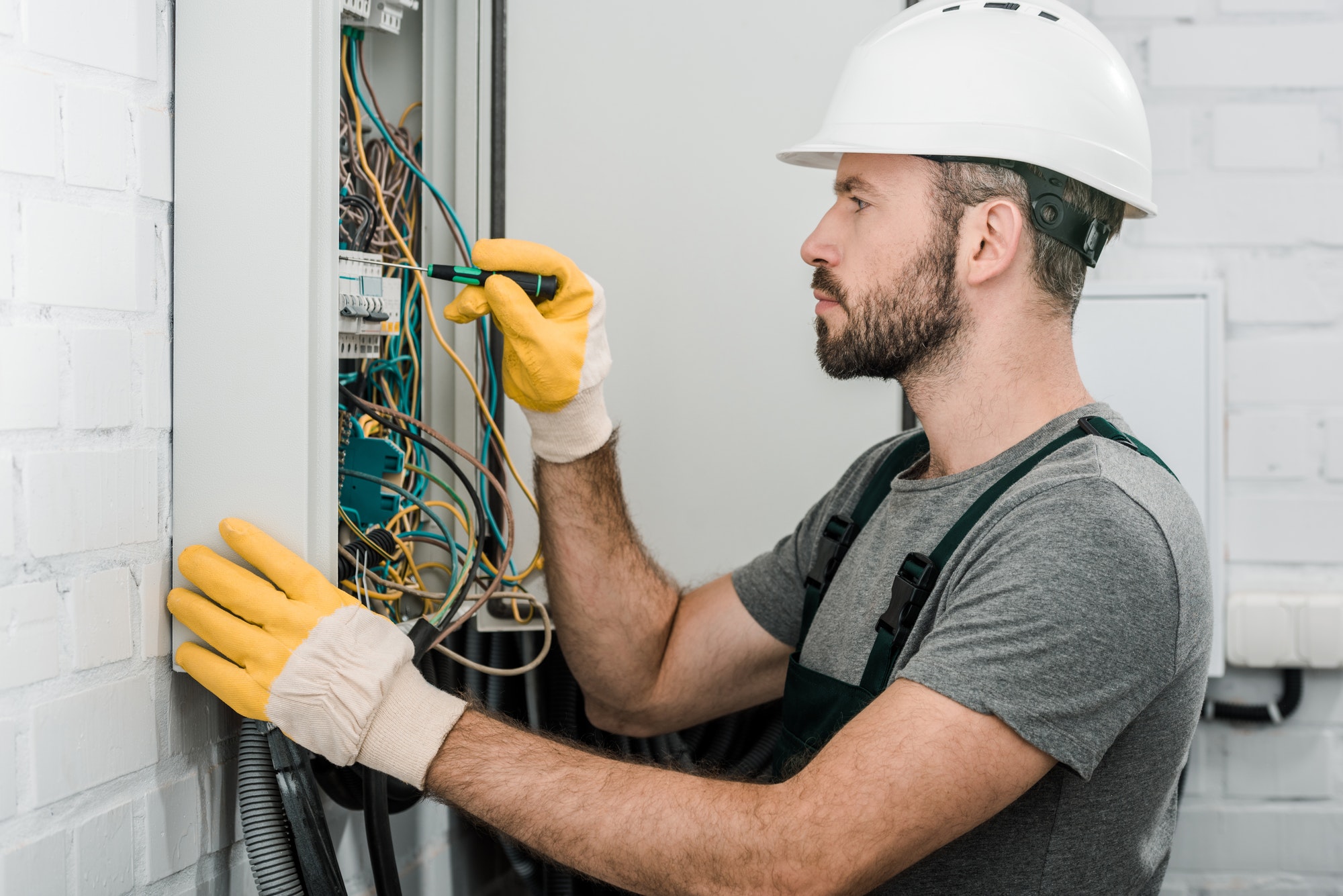As a landlord, ensuring the safety of your tenants is a top priority. One critical aspect of this responsibility is obtaining a landlords electrical certificate. This document is essential for confirming that the electrical installations within a property are safe and comply with legal standards. In this article, we will explore the significance of electrical safety certificates, the process of obtaining one in London, and the benefits they offer.

Why Electrical Safety Matters
Electrical safety is crucial in preventing accidents, fires, and fatalities. Faulty electrical installations are a significant hazard that can lead to serious consequences. For landlords, neglecting electrical safety can result in legal repercussions and financial losses. Therefore, it is imperative to ensure that all electrical systems in rental properties are thoroughly inspected and certified.
Legal Requirements for Landlords
In the UK, landlords are legally required to provide an electrical safety certificate for their rental properties. This certificate, also known as an Electrical Installation Condition Report (EICR), must be obtained from a qualified electrician. The EICR assesses the safety and condition of the electrical installations, identifying any potential risks or areas that need improvement.
Landlords must obtain an EICR at least once every five years. Additionally, a copy of the certificate must be provided to new tenants before they move in and to existing tenants within 28 days of the inspection. Fines and other legal ramifications may follow noncompliance with these rules.
The Inspection Process
Obtaining an electrical safety certificate London involves a thorough inspection by a qualified electrician. During the inspection, the electrician will examine various aspects of the electrical installations, including wiring, sockets, switches, and consumer units. The inspection aims to identify any defects or potential hazards that could compromise the safety of the property.
After the inspection, the electrician will provide an EICR detailing the findings and any necessary remedial work. If the report indicates that the installation is satisfactory, the landlord will receive the certificate. However, if issues are found, the landlord must address them promptly to ensure compliance and safety.
Benefits of an Electrical Safety Certificate
Having a valid electrical safety certificate offers numerous benefits for landlords:
It provides peace of mind, knowing that the property is safe for tenants.
It protects landlords from legal liabilities and potential fines.
A valid certificate can enhance the property's marketability, as prospective tenants are likely to prefer properties with proven safety standards.
Additionally, regular electrical inspections can help identify minor issues before they become major problems, potentially saving landlords from costly repairs in the future. Overall, an electrical safety certificate is an investment in the safety and well-being of both tenants and the property.
Choosing the Right Electrician
When seeking an electrical safety certificate in London, it is crucial to choose a qualified and experienced electrician. Look for professionals who are registered with reputable trade organizations and have a track record of providing high-quality services. Making an informed choice can also be aided by reading reviews and asking for advice.
Obtaining a landlord's electrical certificate is a vital aspect of property management. It ensures the safety of tenants, compliance with legal requirements, and protection from potential liabilities. Regular electrical inspections and certifications are not just legal obligations but also investments in the property's long-term safety and value.
For landlords in London, it is essential to work with qualified electricians to obtain an electrical safety certificate. By doing so, they can provide a safe living environment for their tenants and maintain their property's integrity. For more information and services related to electrical safety certificates, visit londoneicrcertificates.co.uk.
To learn more about us, visit our site.




Comments